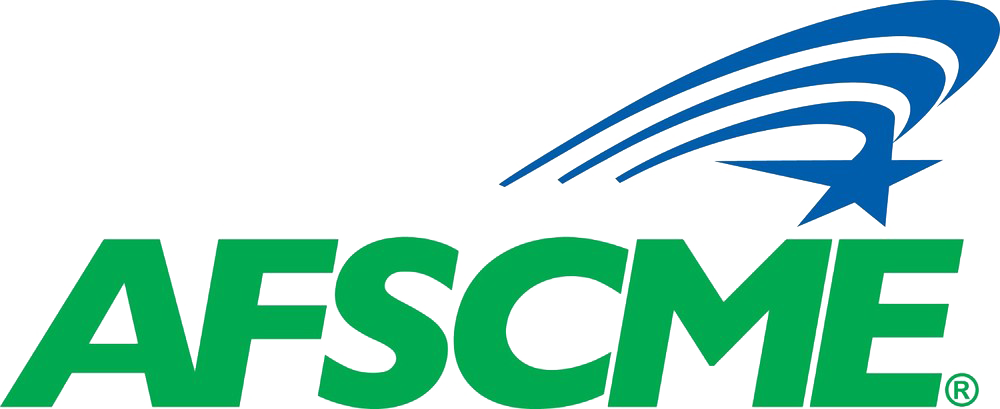Unremote-ing, Insurance Cost Shifts: Less Divisive?
If negotiations for the next State of Minnesota AFSCME contract began well, at least they started, but how would anyone know whether any sticking points came to light? Members (only!) can check C5's member link for current details. A "significant" matter in negotiations could be one serious enough to get a die-hard-forever non-dues-payer to start paying dues, either to AFSCME or to MAPE, just to see first hand, unfiltered or less filtered, WTF is going on.
MAPE, MGEC usually 'ditto' the pattern (common, bulk discounted benefits etc.) set by AFSCME in health insurance collective bargaining. This riding coat-tails pattern thing may no longer work, even though considerable grunt work gets done, at every contract has to be done, by AFSCME and it's policy committees. Or when stuck, only get resolved if picketed by AFSCME member pickets. Yes, affordable healthcare is available, can be had, really affordably in bargaining coverage for tens of thousands where the price is bulk, at less cost than when there is a couple hundred to cover. Or one person, should they opt-out.
Raises aren't the only common cause connecting every waged, working person. Those noisy performances of disappointment about the current contract's 8% raise over two years: wasn't an 8% raise something people wanted? Perhaps that raise was so small it broke the Minnesota's budget for the next biennium? So big the next contract insurance premiums must rise 20% higher? Council 5 has a petition going, nearly there to hit goal of 1500 AFSCME who would not like, would not vote, for health insurance premium bloat, or cost shifting, a petition is another way of saying no without standing a picket line day and night.
In 2025, there's no denying factory and manufacturing jobs are not fewer, that non-AI or non-tech work comes up less often, that high-skill openings are not getting applied for at lackluster wages being offered. Robo-automation, including vehicles, plus the age demographic, concentrate need for labor in less industrial factory floor, more medical nursing and health care. Public service is not just MnDOT. Why would highway workers care that in Minnesota, troopers always got paid less than other law enforcement? They see it as you might: that makes no sense.
The next AFSCME contract comes at a time doctors held in thrall to restrictive hospital agreements are forming unions and one can count insolvent Minnesota hospitals that face closure, unable to cover binges of brick and mortar expansion without patient-nurse staff ratio increases and layoffs as cover. Compared with other countries, more Americans are facing chronic health conditions. Every contract AFSCME's had shows employees are asked to participate in shouldering health insurance premium increases. But the current employer health insurance proposal shows premiums increases up to 20% for families, and another proposal has a deductible reaching 5 digits.
There is today more, not less, deadly mortal risk doing any job directly facing the public. Public employment - sounds risky, but reflect a moment. Have you personally risked your life to save someone you do not know as something expected doing your job? Nurses, doctors, first responders, peace officers - not just MnDOT plowing highways, but all who track inventory, do maintenance work for public thoroughfares, care for others or enforce laws: if not retiring early, these workers often end up sleepless, burned-out, get denied leave in spirals of understaffing, or suffer nightmares about having to do undoable things. Every worker in positions facing public troubles, serving public needs, come now, everyone raise their hand if they've seen some awful sight that cannot be unseen in that line of duty. Thank yous are appropriate, not cost shifts.
Workers able to 'enjoy' remote work do get a better shot at raising their families. Is that advantage fair? Do better families matter, or not? Don't be too quick to answer that. Would you start a family for only $5000? Has anyone noticed what a month of day care runs these days? Decisions about working conditions, or pay and insurance benefits, need to be made with members’ voices and consent at a proper negotiation table to be mutually agreed on to become acceptable, respectful changes in contractual workplace terms and conditions.
AFSCME Council 5 Executive Director Bart Andersen said:
"Let me be perfectly clear: as Executive Director of AFSCME Council 5, representing more than 18,000 state employees, we will not tolerate unilateral changes to our members’ work. The Administration’s decision to impose sweeping workplace policy changes without engaging our union and labor partners first is not just unacceptable—it’s an act of blatant disrespect. Our union members must have and deserve a seat at the table every step of the way. We are demanding full transparency and meaningful dialogue immediately. AFSCME Council 5, alongside our fellow labor union partners, will do whatever it takes to defend our members’ rights, safeguard their ability to work safely and effectively, and continue delivering high-quality public services for all Minnesotans."
https://lowwagelifestyle.blogspot.com/2024/12/chatgpt-can-make-mistakes-...

